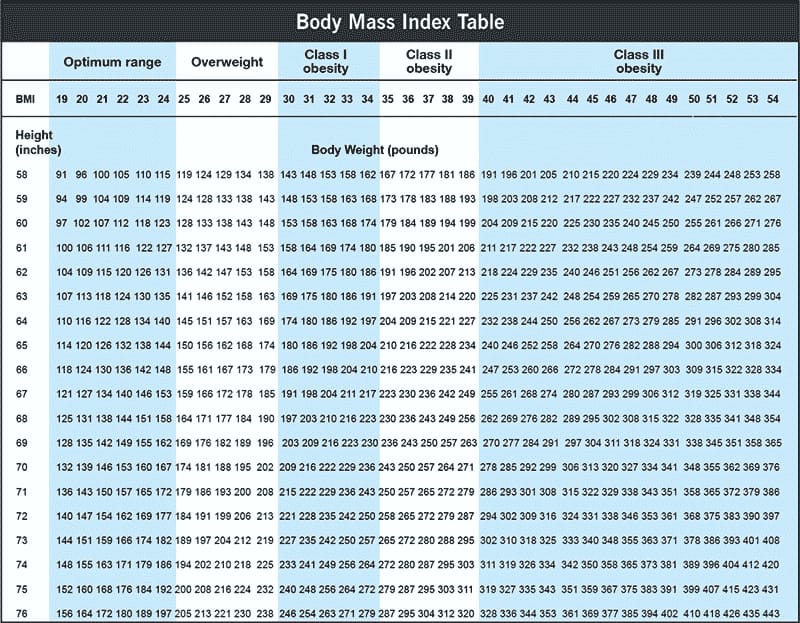Kidly enter each student weight, height and BMI on sis school tablet.
School Education Department Sis school information system BMI= Weight in kg/(Height in meters)2
BMI: A Quick Guide to Understanding Your Body Mass Index
What is BMI?
BMI, or Body Mass Index, is a simple calculation that estimates body fat based on height and weight.1 It’s a widely used tool to assess whether you’re at a healthy weight.2
How to Calculate BMI
The formula for calculating BMI is:
BMI = Weight (kg) / Height^2 (m^2)
BMI Categories and Health Risks
BMI is categorized as follows:
| BMI Range (kg/m²) | Category | Health Risks |
|---|---|---|
| Below 18.5 | Underweight | Malnutrition, weakened immune system |
| 18.5 – 24.9 | Normal Weight | Lower risk of health problems |
| 25.0 – 29.9 | Overweight | Increased risk of heart disease, stroke, type 2 diabetes, and certain cancers |
| 30.0 and above | Obese | Significantly increased risk of serious health conditions |
Here is the BMI table in a proper table format:
| BMI | Optimum Range | Overweight | Class I Obesity | Class II Obesity | Class III Obesity |
|---|---|---|---|---|---|
| 19-21 | 91-100 | 105-110 | 115-119 | 124-128 | 133-138 |
| 22-24 | 96-104 | 111-116 | 122-127 | 132-137 | 143-148 |
| 25-27 | 100-109 | 117-123 | 128-133 | 138-143 | 148-153 |
| 28-29 | 105-114 | 124-130 | 134-140 | 144-149 | 154-159 |
| 30-31 | 110-119 | 131-136 | 141-146 | 150-156 | 160-165 |
| 32-33 | 115-124 | 137-143 | 147-153 | 157-163 | 166-172 |
| 34-35 | 120-129 | 144-150 | 154-160 | 164-170 | 173-179 |
| 36-37 | 125-134 | 151-157 | 161-167 | 171-177 | 180-186 |
| 38-39 | 130-139 | 158-164 | 168-174 | 178-184 | 187-193 |
| 40-41 | 135-144 | 165-171 | 175-181 | 185-191 | 194-200 |
| 42-43 | 140-149 | 172-178 | 182-188 | 192-198 | 201-207 |
| 44-45 | 145-154 | 179-185 | 189-195 | 199-205 | 208-214 |
| 46-47 | 150-159 | 186-192 | 196-202 | 206-212 | 215-221 |
| 48-49 | 155-164 | 193-199 | 203-209 | 213-219 | 222-228 |
| 50-51 | 160-169 | 199-206 | 210-216 | 220-226 | 229-235 |
| 52-53 | 165-174 | 206-213 | 217-223 | 227-233 | 236-242 |
| 54 | 170-179 | 213-220 | 224-230 | 234-240 | 243-249 |


FAQs about BMI
- Is BMI accurate for everyone?
- BMI is a general guideline and may not be accurate for everyone, especially athletes with significant muscle mass.3
- What are the limitations of BMI?
- BMI doesn’t distinguish between muscle mass and fat mass, which can lead to misclassification, particularly for athletes.4
- How can I improve my BMI?
- To improve your BMI, focus on a balanced diet, regular exercise, and lifestyle changes.
Conclusion
While BMI is a useful tool for assessing general weight status, it’s important to remember that it’s not a perfect measure.5 For a more accurate assessment of your health, consider consulting with a healthcare professional who can evaluate your body composition and overall health.
Remember, a healthy weight is just one aspect of overall well-being. Prioritize a balanced lifestyle that includes nutritious food, regular physical activity, and adequate sleep.